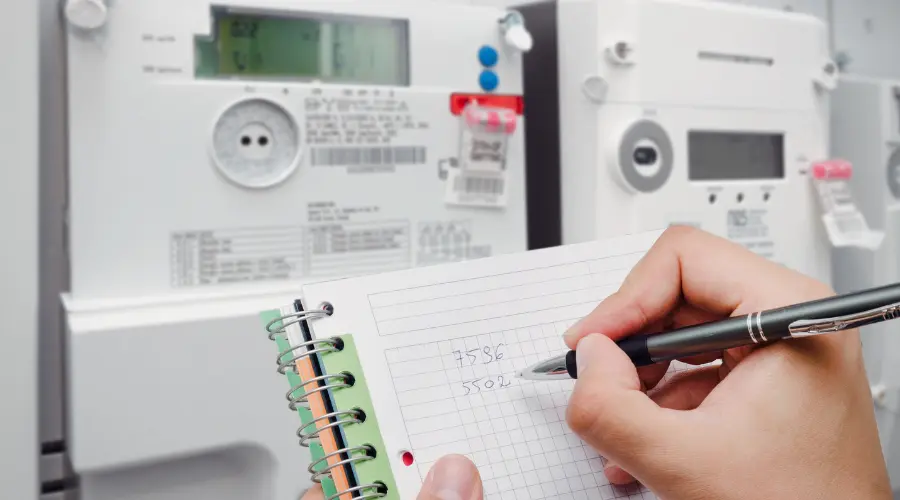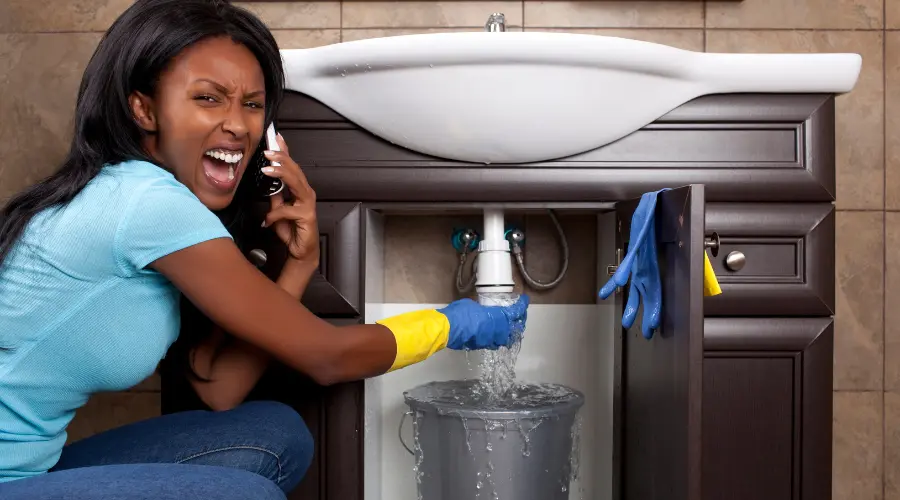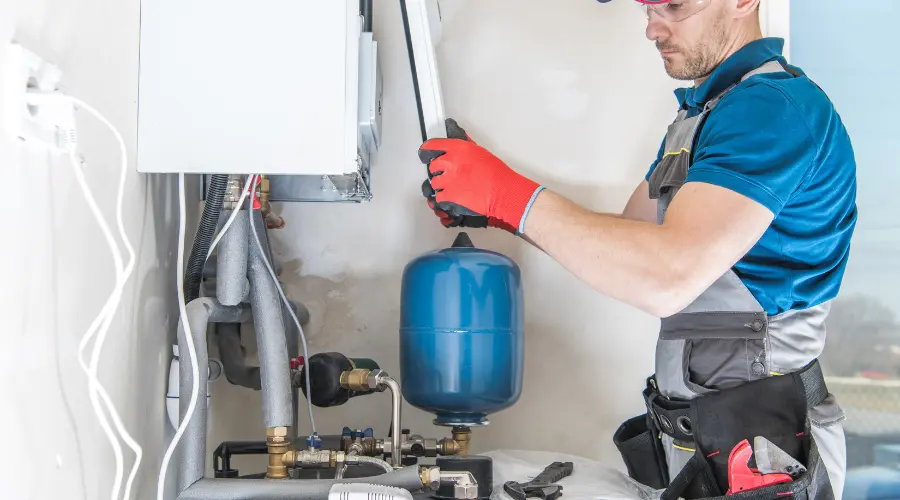We publish and speak on best practices for doing routine maintenance on your HVAC equipment. Performing routine maintenance extends the useful life of your equipment, particularly your furnace. Not only will routine upkeep protect your financial investment and save you money, but it will also ensure that your machinery operates in a risk-free manner.
When furnaces are not properly maintained, there is a greater risk of gas leaks and other potentially hazardous issues, including the production of carbon monoxide. Maintaining your furnace is a smart decision for all of these reasons and more, which is why we has compiled these ten easy guidelines for ensuring that your furnace remains in pristine condition all year long.
Check to see that your thermostat is functioning appropriately.
Does the temperature that you have selected on the thermostat appear to be appropriate for the environment in the house? If your thermostat is not operating as it should, then your furnace will not be able to run as efficiently as it should. A thermostat’s performance can be adversely affected by factors such as dirt and faulty calibration. Contact us and have a professional examine your heating, ventilation, and air conditioning system to search for potential problems. This will guarantee that the thermostat in your home is calibrated correctly.
Make sure to check the air filter.
It is critical that your air filters be replaced on a consistent basis. Air filters keep the air quality in your home in excellent condition and help prevent airborne illnesses and allergens from spreading. However, when dirt and dust accumulate on filters, not only will their ability to clean the air decrease, but your furnace will also have to work harder to push and pull air through the filters. This is because your furnace will have to work harder to clean the filters. This will result in higher energy expenses as well as less stable air temperatures throughout your house. Because replacing air filters is simple and does not cost a lot of money, there is really no reason not to do it on a regular basis.
Keep an eye on the control valve.
For reasons of fire prevention, the vast majority of furnaces come equipped with a control valve. If you discover that your furnace is not producing heat, one of the first areas you should investigate is this area. The control valve for a gas furnace will often be attached to the supply line. Make sure that this valve is in the “on” position and that gas can freely enter your furnace by checking these two things. The basic fact is that your furnace cannot produce heat if it does not have anything to burn.
Maintain your furnace by routinely cleaning it.
You clean your home, you clean your car, and you clean your dishes, but does your “to clean” list include your heating and cooling system? If it isn’t already, it probably ought to be. A dirty furnace will not produce heat as effectively as a clean furnace, and the dirtier a furnace grows, the greater the risk that one of its parts will break.
To reduce the amount of money you spend on heating and electricity, you should be sure to clean and repair your furnace regularly. If you aren’t sure which components need to be cleaned, the filter system, blower, and motor are good places to start. If you need more components cleaned, or if you don’t want to worry about keeping up to date with your furnace, contact us about an HVAC Maintenance Agreement. This will allow a technician to regularly visit your home and keep your furnace system running in tip-top shape all year round. If you have any questions or would like more information, please feel free to call us.
Check the belt that holds the strain
A noisy operation from your house furnace may be the result of a tension belt that is not properly positioned. If the belt appears to be frayed or worn, you should change it out for a new one.
Be sure to oil the motor
At the beginning of each new season and whenever it’s necessary, a few droplets of oil should be put into the furnace. Take care not to over-lubricate.
The vents should be cleaned
Vents should be inspected on a routine basis to look for trash and clogs. Carbon monoxide poisoning, which might potentially be lethal, could be brought on by blocked ventilation.
The spring season ended
Gas furnaces have to be turned off once the cold weather has passed for the season. In order to optimize the effectiveness of your furnace, now is an excellent time to clean it and replace the air filter.
If you follow these guidelines at the beginning of each season, you will be able to keep your furnace running effectively and reliably throughout the entire season.




